Sleeping in a vehicle might seem like a budget-friendly accommodation option or a convenient rest solution during a long road trip, but Hawaii enforces some of the strictest vehicle habitation laws in the United States. The Aloha State has clear regulations that make sleeping in cars illegal under most circumstances, with limited exceptions for designated camping areas.
Understanding Hawaii Vehicle Habitation Law
Hawaii Revised Statutes Section 291C-112 explicitly prohibits using any vehicle for purposes of human habitation between 6:00 p.m. and 6:00 a.m. while parked on public property. This law applies whether the vehicle is specifically designed for camping or not, covering everything from standard sedans to fully equipped recreational vehicles and camper vans. The statute defines “purposes of human habitation” to include use as a dwelling place, living abode, or sleeping place, leaving little room for interpretation.
The restriction extends to both public roadways, streets, highways, and other public property during nighttime hours. Additionally, sleeping in vehicles on private property requires explicit authorization from the owner or occupant, who must approve both the parking and the intended use for sleeping. This comprehensive coverage makes Hawaii unique among states for having such far-reaching vehicle habitation restrictions.
Where Vehicle Sleeping Is Prohibited
Public spaces throughout Hawaii maintain strict enforcement against vehicle sleeping. State highways, roadways, and streets are entirely off-limits for overnight vehicle habitation. Rest areas and scenic lookouts along Hawaiian highways do not permit overnight parking or sleeping, unlike many mainland states that allow travelers to rest at designated rest stops.
Beach parking lots represent another prohibited zone. Despite Hawaii’s reputation for stunning coastal areas, most beach parks prohibit overnight parking and vehicle sleeping. Parks on Oahu particularly enforce strict rules against car camping, with most beaches and parks completely off-limits for this purpose. Urban areas in Honolulu and other population centers actively patrol and ticket vehicles used for sleeping purposes, especially in residential neighborhoods and commercial districts.
Exceptions and Legal Camping Options
Hawaii law provides limited exceptions to the vehicle habitation prohibition. The statute specifically allows parking vehicles and using them for human habitation in parks, camps, and other recreational areas when done in compliance with applicable laws, rules, and regulations. Emergency conditions in the interest of vehicular safety also provide exemption from the general prohibition.
State park campgrounds throughout Hawaii require advance permits for camping. On Oahu, camping permits can be obtained no more than thirty days in advance, with camping restricted to specific days of the week. Most state park campgrounds are designed exclusively for tent camping rather than vehicle camping, and sleeping in vehicles within campground parking lots is generally not allowed. The notable exception exists at Waiānapanapa State Park on Maui, which maintains a small designated area specifically for camper vans.
County parks also offer camping opportunities with proper permits. Hawaii County allows camping for one week during summer months from June through August and two weeks during other months, with all permits issued on a first-come, first-served basis. Kohanaiki Beach Park on Hawaii Island permits overnight camping five days per week from Thursday through Monday, accommodating a maximum of eighty campers per day, but requires overnight parking passes displayed on vehicle dashboards.
Penalties and Enforcement
Hawaii maintains vigilant enforcement of vehicle habitation laws across all islands. Law enforcement officers regularly patrol popular tourist areas, beaches, and residential neighborhoods to identify and cite violators. The state enforces these regulations due to concerns about safety, housing issues, and crime prevention.
Violating vehicle habitation laws results in traffic infractions. Hawaii parking enforcement officials have a reputation for strict vigilance and rarely overlook violations. Fines for parking violations can reach extremely high amounts, with some infractions resulting in penalties exceeding two hundred dollars. Parking in restricted areas not designated for parking can trigger especially steep fines.
Beyond financial penalties, repeated violations can result in vehicle towing and storage fees. Citations remain on driving records and may impact insurance rates. Tourists caught sleeping in vehicles may face complications with rental car agreements, as using rental vehicles for sleeping purposes typically violates rental contracts.
County-Specific Regulations
Individual counties supplement state law with additional ordinances regulating vehicle habitation. Each county maintains authority to enact and enforce ordinances governing the use of vehicles for human habitation purposes within their jurisdictions. This creates varying enforcement approaches across different islands.
Honolulu County, which encompasses Oahu, maintains particularly strict enforcement in urban areas. The county prohibits overnight car camping on most city streets and aggressively patrols tourist-heavy areas. Residential parking zones receive regular monitoring to prevent vehicle dwelling.
Maui County has implemented specific regulations addressing vehicle habitation concerns. Recent ordinances establish designated time windows when human habitation within vehicles may be permitted from 7:00 p.m. to 7:00 a.m. in certain parking lots, depending on location and whether it interferes with parking lot operations. These provisions represent slight modifications to accommodate specific local circumstances while maintaining overall prohibitions.
The Reasoning Behind Hawaii Restrictions
Hawaii established these strict vehicle habitation laws to address multiple community concerns. The state faces significant homelessness challenges, with federal reports indicating Hawaii experienced an eighty-seven percent increase in homelessness from 2023 to 2024, largely attributed to the Maui wildfires. The number of residents experiencing unsheltered homelessness grew four percent during this period, from 3,907 to 4,042 people.
Tourism management also influences these regulations. Hawaii attracts millions of visitors annually, and unrestricted vehicle camping could overwhelm public spaces and infrastructure designed for recreational day use rather than overnight habitation. Maintaining community standards and protecting property values in residential neighborhoods motivates local enforcement efforts.
Public health and safety considerations drive policy decisions. Vehicle habitation in undesignated areas raises concerns about sanitation, waste disposal, and access to basic facilities. The Department of Health maintains authority to promulgate rules necessary for administering the vehicle habitation statute.
Legal Considerations for RV and Van Travelers
Recreational vehicle owners and van life enthusiasts face the same restrictions as conventional vehicle owners in Hawaii. The state statute makes no distinction between vehicles specifically designed for habitation and standard automobiles. Even purpose-built recreational vehicles equipped with sleeping facilities, kitchens, and bathrooms fall under the prohibition when parked in restricted areas.
The lack of RV-friendly camping infrastructure throughout Hawaii compounds these challenges. Most state park campgrounds are not set up for camping in vehicles, including campers, vans, and trailers. Inter-island vehicle transportation adds logistical complexity and expense for RV travelers attempting to visit multiple islands.
Continuously moving between legal campgrounds represents the closest approximation to vehicle-based travel in Hawaii, though this approach proves tremendously expensive and logistically challenging. Campsite availability remains limited, with many facilities booking to capacity sixty days in advance when reservations open. The competitive demand for limited camping spots makes spontaneous travel particularly difficult.
Constitutional Challenges and Court Rulings
Legal challenges have tested the constitutionality of Hawaii vehicle habitation statute. Court cases have addressed concerns about vagueness, equal protection, and free expression. Hawaii appellate courts upheld the statute against various constitutional challenges in precedent-setting decisions.
In a case reported at 82 H. 269, the Hawaii Court of Appeals ruled the statute does not violate equal protection guarantees because it rationally furthers the legitimate state interest in protecting the health and welfare of the general public. The court found the prohibition on using vehicles for human habitation sufficiently clear and not unconstitutionally vague.
Standing challenges have also arisen. Courts determined that defendants directly subject to the statute’s provisions lack standing to assert overbreadth challenges based on hypothetical applications to others, particularly when expressive conduct is not at issue. These rulings have established firm legal precedent supporting the statute’s continued enforcement.
Impact on Homelessness and Housing Crisis
Hawaii vehicle habitation laws intersect with broader homelessness and affordable housing challenges facing the state. As the most expensive state in the United States to live, Hawaii residents struggle with housing costs that push some toward vehicle dwelling as a survival strategy. The number of unsheltered homeless individuals sleeping in cars, parks, and other areas not designed for habitation continues rising.
Point-in-Time counts conducted in January reveal the scope of homelessness throughout the islands. Hawaii Island saw homelessness decrease from 1,003 persons in 2023 to 718 in 2024, representing a twenty-eight percent reduction attributed to unprecedented county funding for homelessness and affordable housing programs. Despite localized improvements, statewide trends show persistent challenges requiring comprehensive solutions beyond enforcement of vehicle habitation restrictions.
The state has responded by building seventeen kauhale communities of tiny homes with supportive services for homeless individuals, with plans to construct additional facilities throughout 2025. These efforts represent recognition that enforcement alone cannot solve underlying housing insecurity issues driving vehicle dwelling among both residents and visitors.
Looking Forward
Hawaii vehicle habitation laws appear unlikely to change substantially in the near future. The combination of tourism management concerns, homelessness issues, and community standards supports continued enforcement of existing restrictions. Travelers and potential residents should plan accordingly, recognizing that vehicle sleeping remains largely illegal throughout the state.
Successful travel to Hawaii requires accepting higher accommodation costs as part of the overall trip expense. Budget planning should incorporate legal lodging options from the outset rather than attempting to circumvent restrictions through vehicle dwelling. Respecting local laws and community standards contributes to positive visitor experiences while supporting Hawaii residents and ecosystems.
Understanding these regulations before traveling prevents legal problems and ensures compliance with state and county laws. Hawaii offers extraordinary natural beauty and unique cultural experiences best enjoyed when travelers operate within established legal frameworks and support local communities through appropriate accommodation choices.
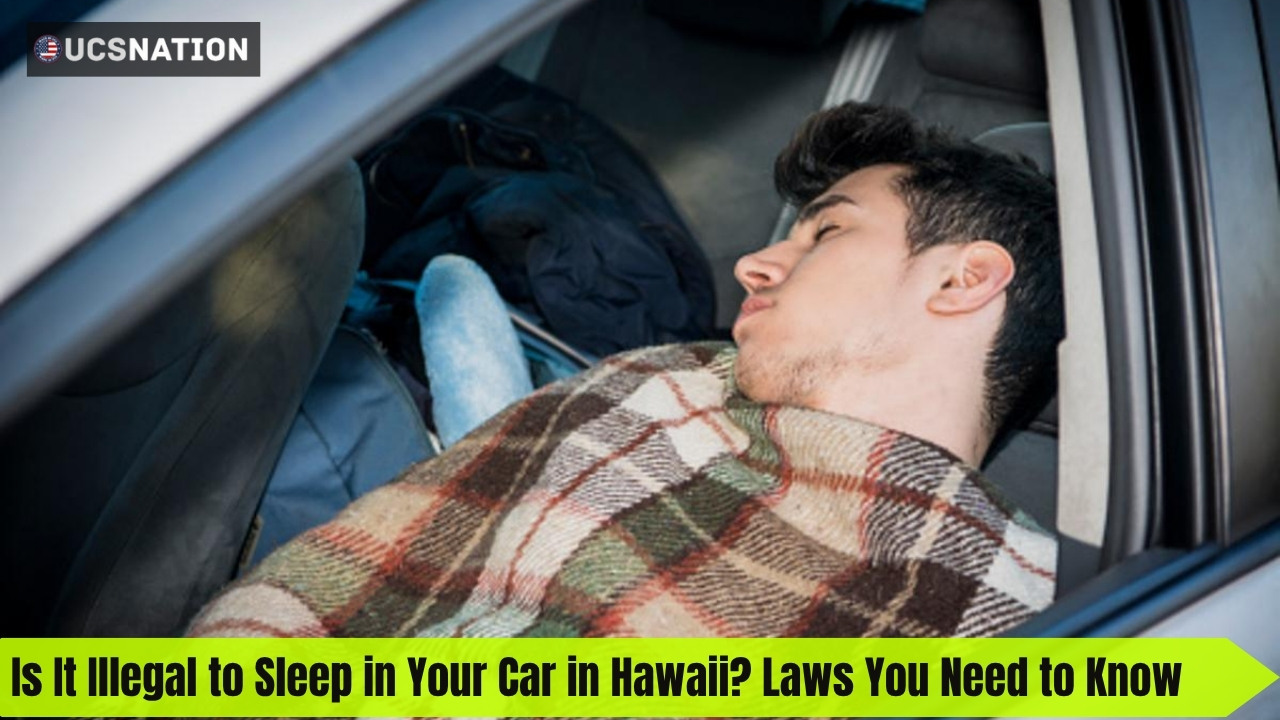


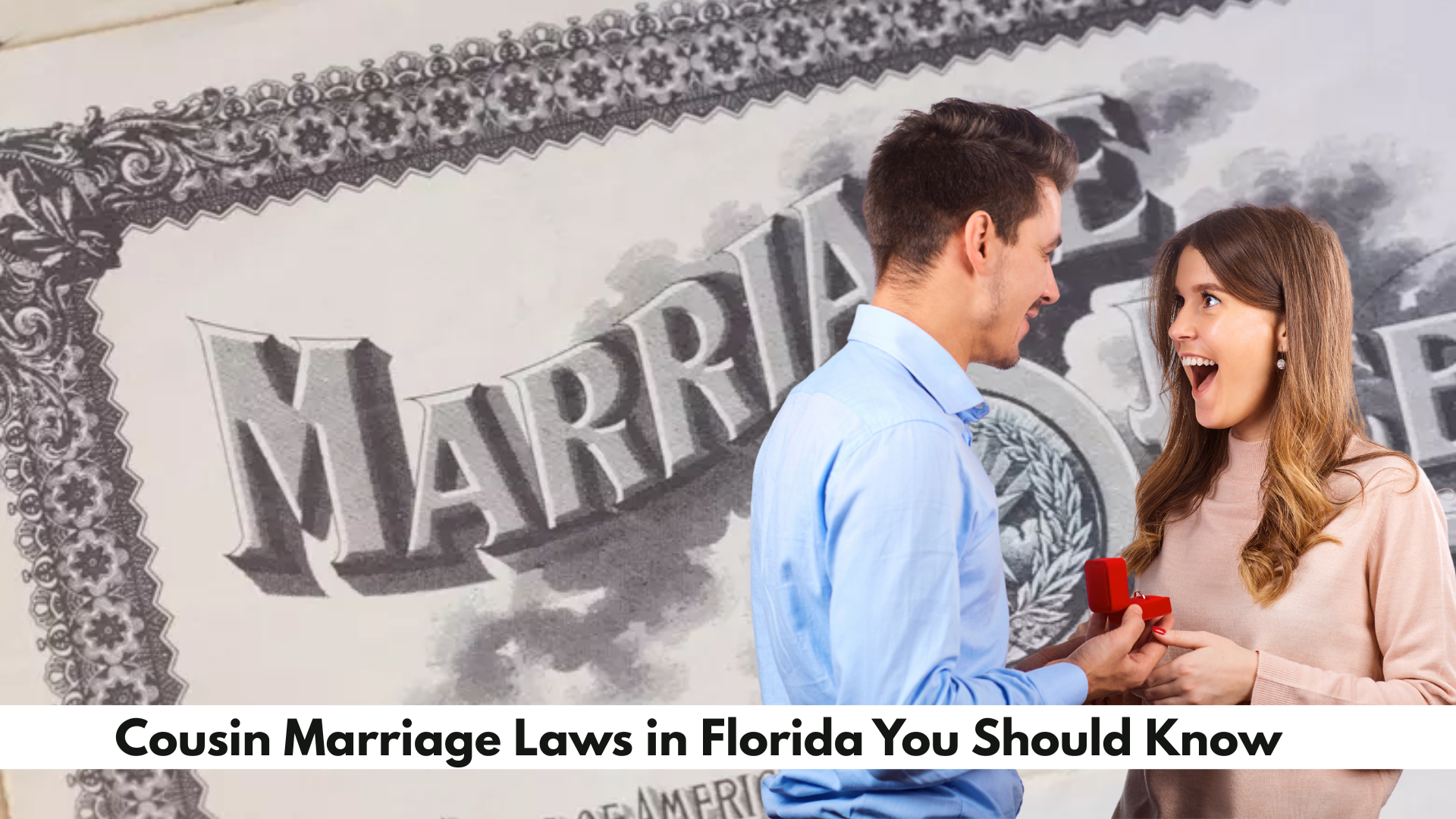
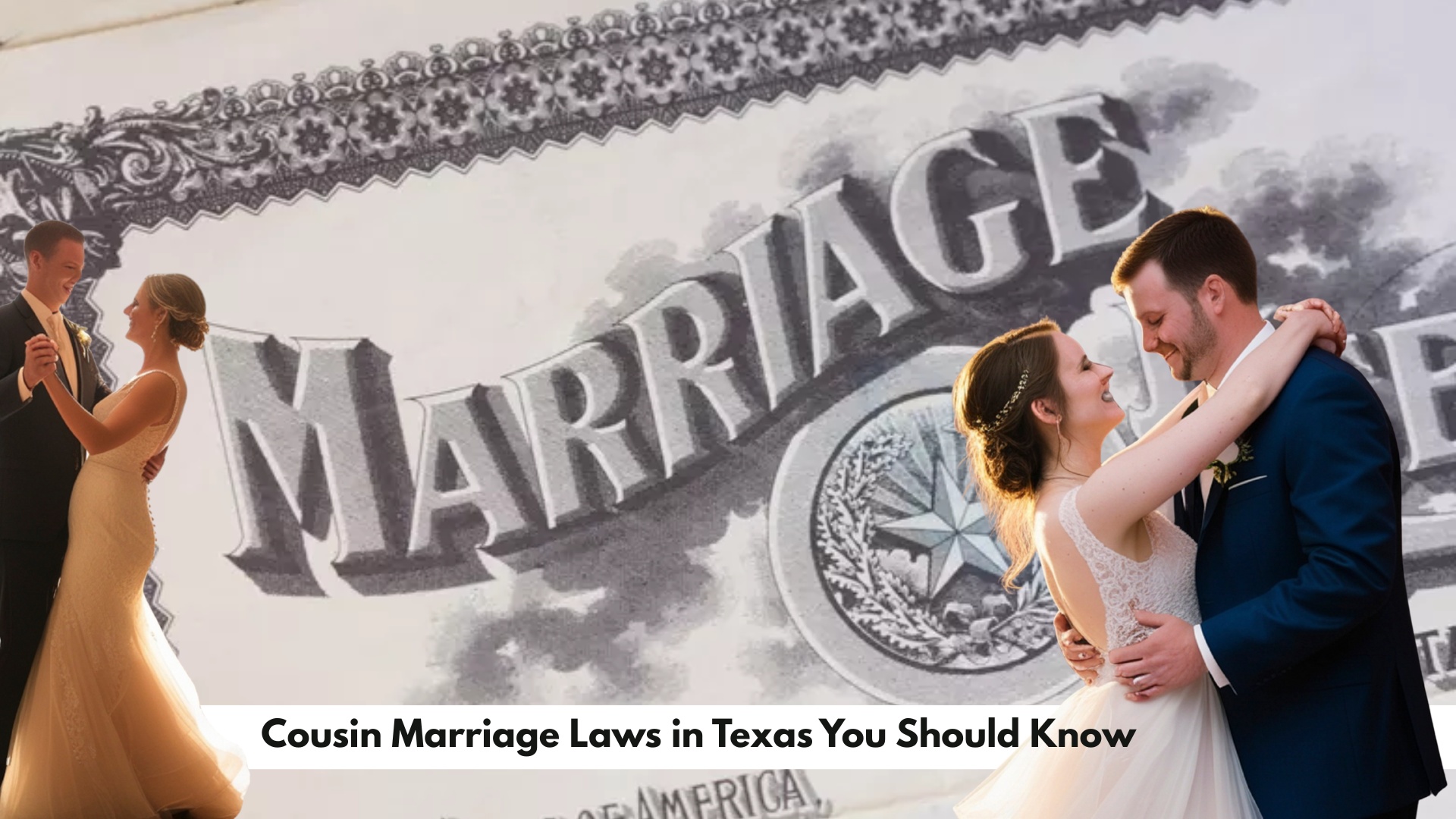

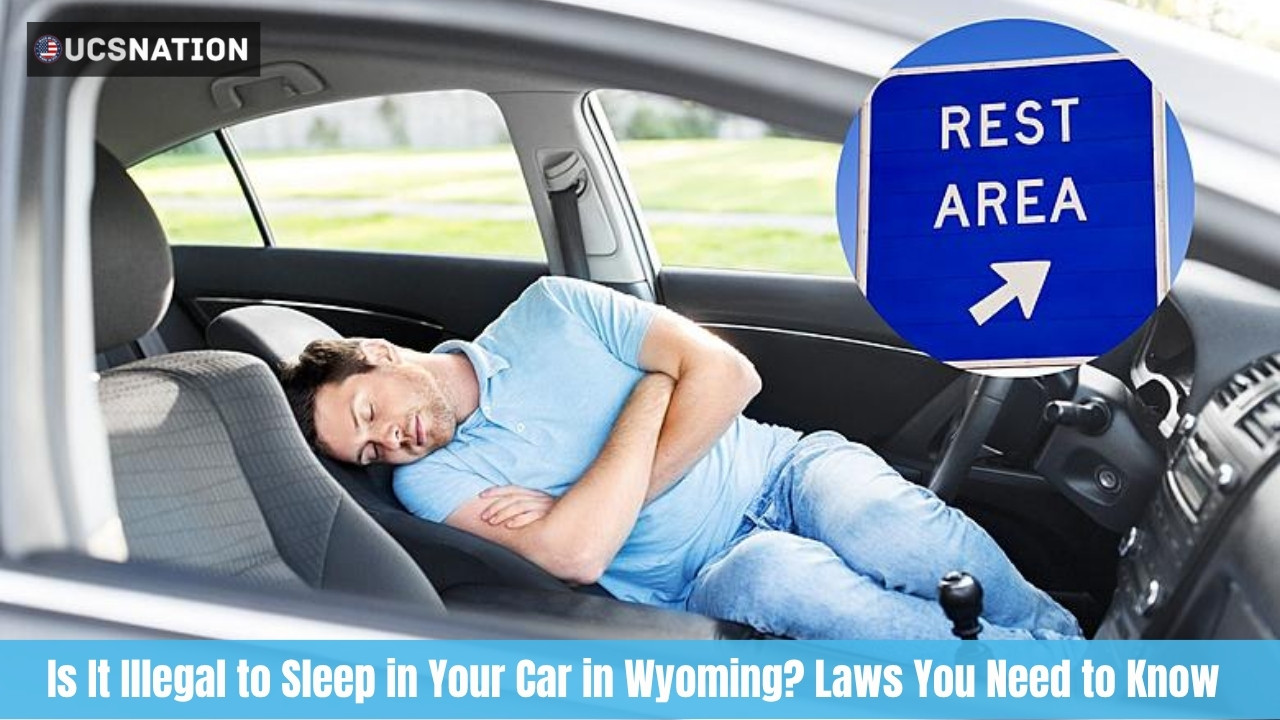
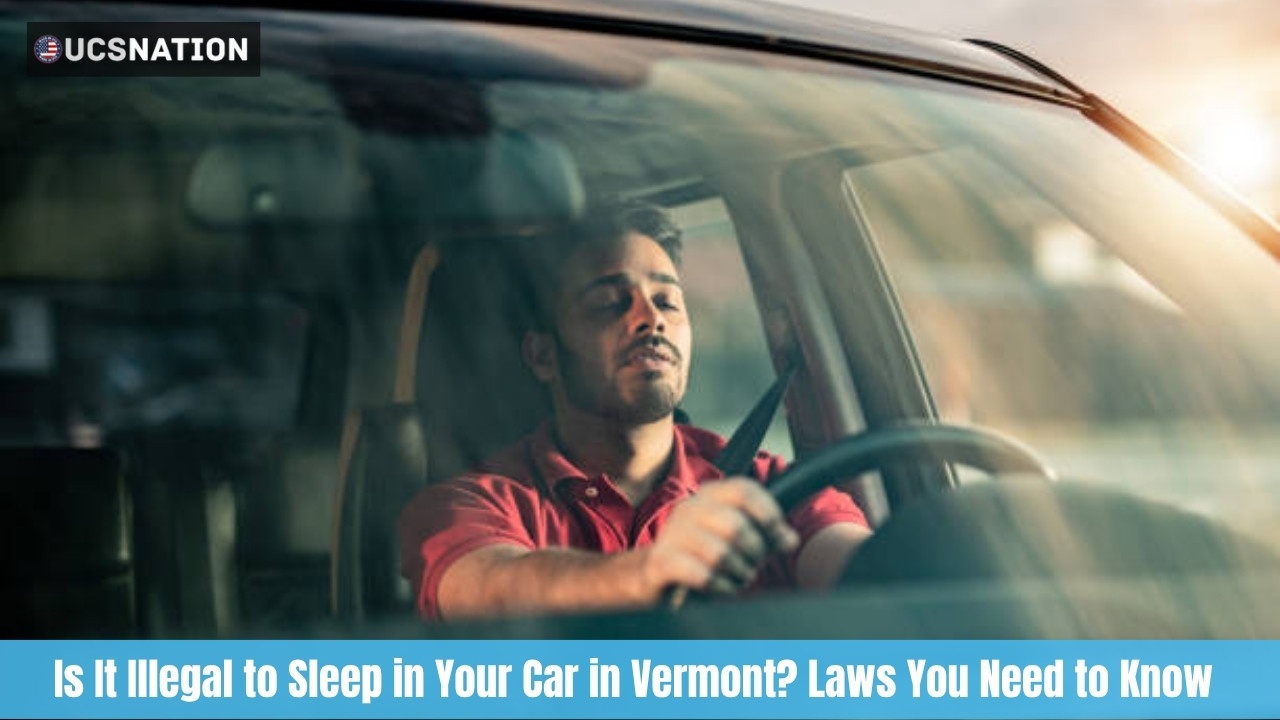
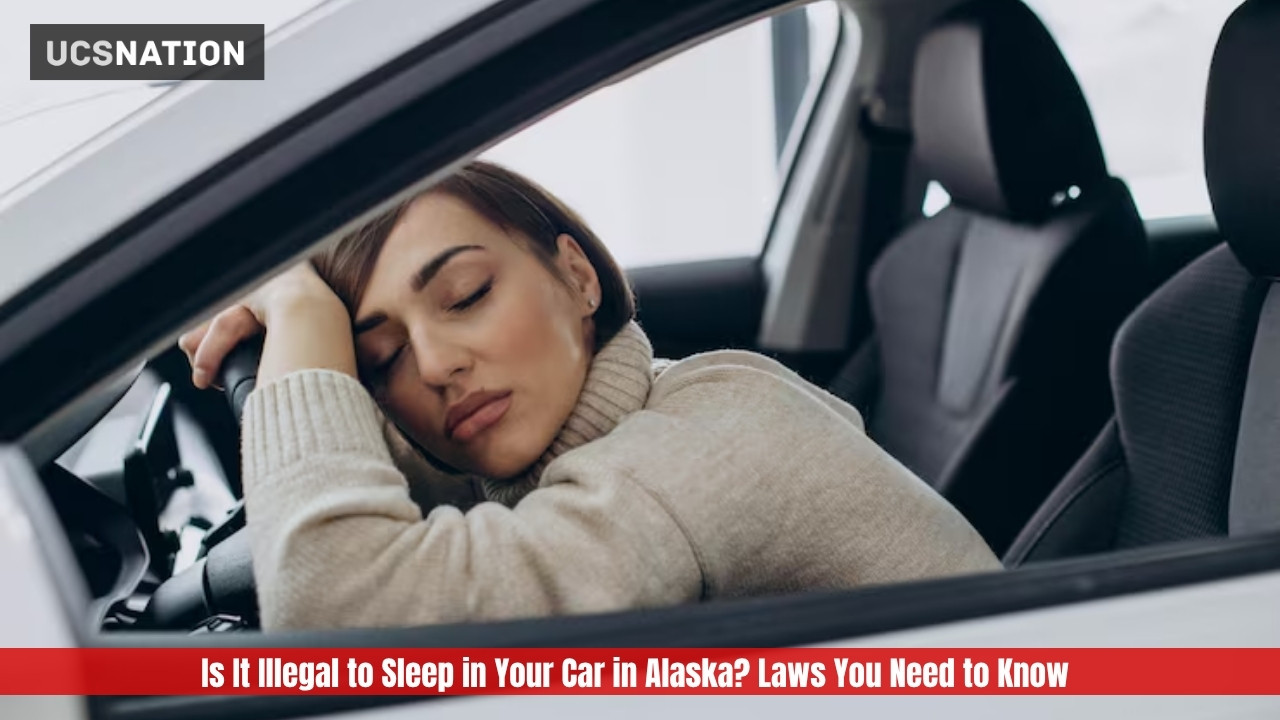
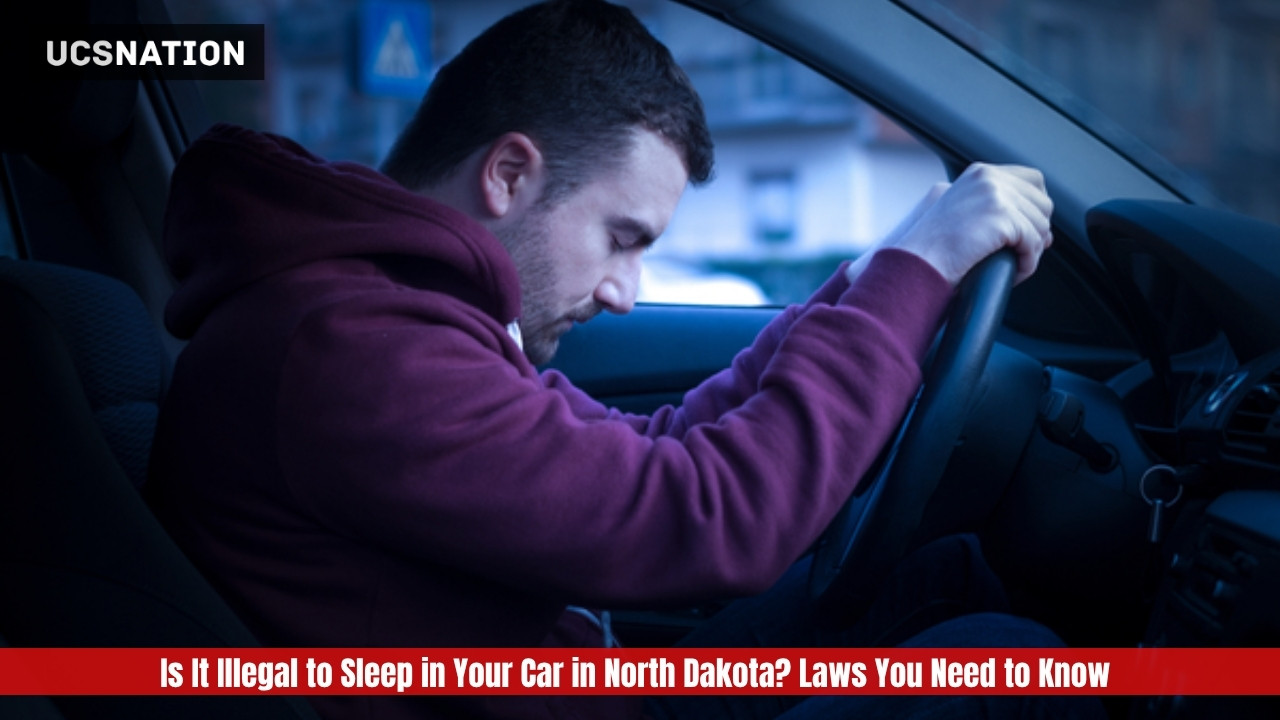
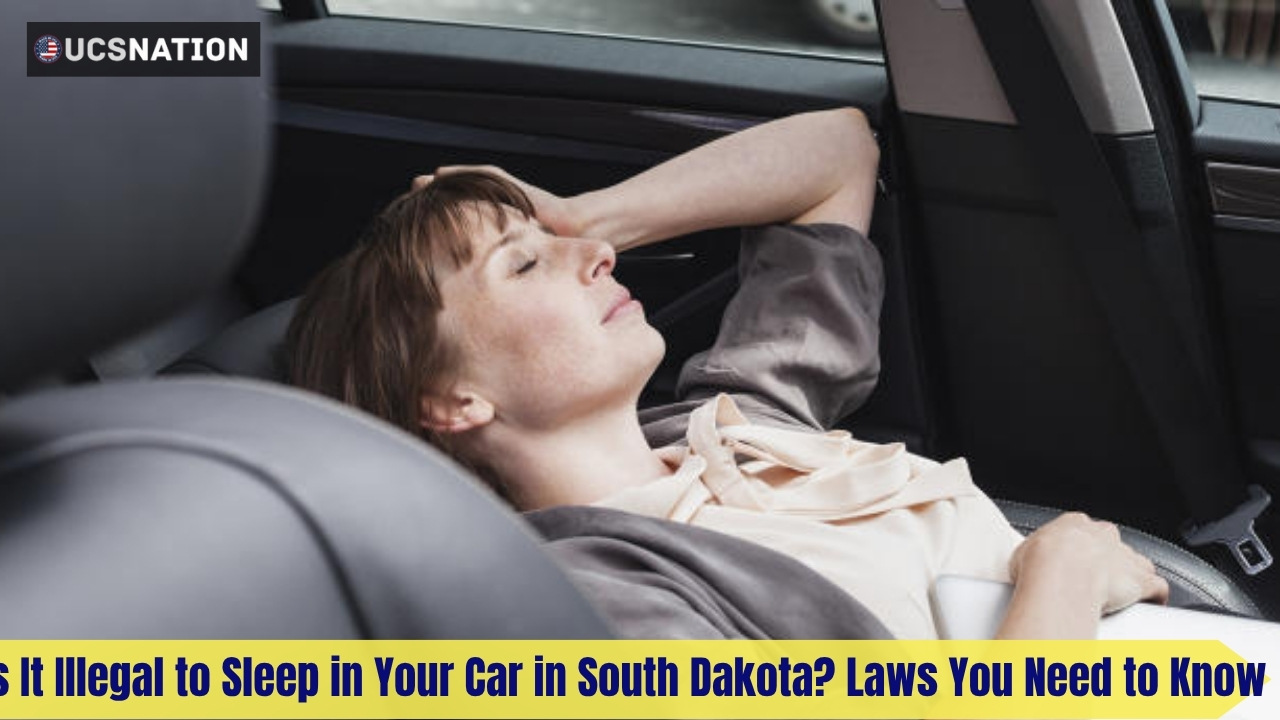




Leave a Reply